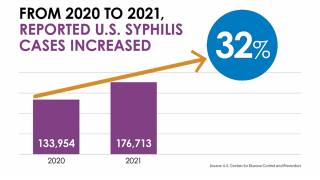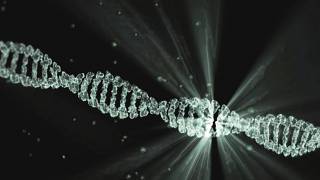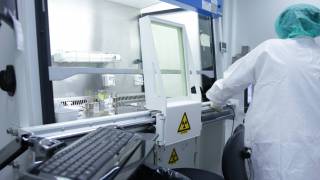3-1 HIV Vaccine Candidate May Be An Innovative Prevention for HIV/AIDS

The development of an effective AIDS vaccine has been challenging for many years. HIV prevention will likely rely on neutralizing antibodies that can recognize and conquer multiple viral strains or subtypes.
The HIV virus continually evolves to evade elimination by the host.
This may be because of viral genetic diversity and the difficulty of generating broadly neutralizing antibodies (bnAbs).
Researchers report that they have engineered trispecific antibodies (Abs) that allow a single molecule to interact with three independent HIV-1 envelope determinants.
These researchers are combining three different antibodies into one vaccine, making it nearly impossible for the HIV disease to mutate.
Trispecific Abs exhibited higher potency and breadth than any previously described single bnAb, showed pharmacokinetics similar to those of human bnAbs, and conferred complete immunity against a mixture of simian-human immunodeficiency viruses in nonhuman primates, in contrast to single bnAbs.
Trispecific Abs constitute a platform to engage multiple therapeutic targets through a single protein, and they may be applicable for treatment of diverse diseases, including infections, cancer, and autoimmunity.
But, this approach has limitations.
"Each individual antibody only binds to one very specific component of the HIV envelope, or the outer covering," said Anthony S. Fauci, director of the National Institute of Allergy and Infectious Diseases, who helped oversee the new study.
"This is a solid incremental increase in our capability of dealing with and preventing HIV infection," he said. "It's significant, but it isn't completely transforming."
Sanofi is manufacturing the trispecific antibody for use in a Phase 1 clinical trial that will be conducted by NIAID to test the antibody’s safety and pharmacokinetics in healthy people beginning in late 2018.
Discussions also are under way with the NIAID-funded AIDS Clinical Trials Group to conduct a separate Phase 1 clinical trial of the antibody in people living with HIV.
“The partnership between NIAID and Sanofi has been invaluable and allows us to move this trispecific antibody from the lab and preclinical testing into the clinic,” said John R. Mascola, M.D., director of the NIAID Vaccine Research Center (VRC).
"At Sanofi, we understand that no single company can conquer major public health threats on its own. By joining forces, the public and private sectors can accelerate our efforts and likelihood of success against infectious diseases and cancer," said Elias Zerhouni, M.D., President, Sanofi.
The National Institutes of Health (NIH) is the nation's medical research agency, which includes 27 Institutes and Centers and is a component of the U.S. Department of Health and Human Services.
More information about NIH and its programs can be found here.
There were numerous researchers involved with this study. There were no conflicts of interest reported.
Our Trust Standards: Medical Advisory Committee


























